Top apps for managers
Managers have a lot of tasks and responsibilities competing for their attention, which can be overwhelming.
Automating workflows with apps can help managers enhance efficiency, improve team communication, and simplify project management. But how can the right apps help managers keep everything running smoothly?
The benefits of using apps in a management role
Apps provide tools for conducting many essential management tasks, such as team communication. They can help managers connect with team members to check on progress, provide guidance and feedback, and more. The benefits of using apps for management include
- Increased efficiency: Automate repetitive tasks to free up time for strategic decision-making.
- Enhanced communication: Seamlessly connect with team members, regardless of their location.
- Better time management: Organize schedules and deadlines to keep projects on track.
- Improved collaboration: Foster a collaborative environment with shared tools and resources.
- Data-driven insights: Access real-time data and analytics to make informed decisions.
Tips for choosing the right manager support apps
There isn’t a one-size-fits-all approach to building your management tech stack. To choose wisely, you need to analyze your requirements. Here are a few considerations that can help with your self-assessment.
- Identify needs: What can an app help you with? Project management, communication, time tracking, or something else? The answer will likely uncover a number of features you’ll need to look for.
- Consider integrations: Do the proposed apps integrate with your existing tools and workflows? Integrations can save you valuable time by reducing or eliminating manual data entry and creating unified dashboards.
- Check user reviews: Look for feedback from other managers to gauge reliability and usability.
- Evaluate pricing: Choose an app that fits your budget while offering you the features you need. Remember that while single-purpose apps may seem cheaper, a more versatile option might be more affordable if it meets more of your requirements.
- Test usability: Opt for apps with intuitive interfaces and strong customer support, as these features help encourage your team to use the apps.
Best apps for managers
Let’s take a look at different apps for specific uses, from project management to collaboration and more.
Project management apps
1. Trello
- Key features: kanban boards, task assignment capability, due dates, different project views (e.g. boards, calendars, lists, etc.)
- Pros: It has an intuitive visual interface and automation tools. You can extend functionality through plug-ins and integrations.
- Cons: It can be difficult to customize it for use in more complex projects.
- Pricing: free tier; paid plans starting at $5 per user per month when billed annually.
- Platforms: web, iOS, Android, Windows, macOS
- Ratings: 4.4 on the App Store, 3.9 on Google Play
Trello’s visually appealing and intuitive platform allows teams to see the big picture at a glance. Its flexible kanban boards, lists, and cards help managers organize projects and tasks seamlessly, fostering collaboration and ensuring everyone stays on the same page. Whether you’re juggling daily to-dos or input from multiple team members, Trello keeps things moving smoothly and efficiently.
2. Asana
- Key features: task management, project tracking, timelines, integrations, automation
- Pros: It’s user-friendly and offers AI-assisted features.
- Cons: Time-tracking features are only offered with the most expensive plan.
- Pricing: free tier; paid plans starting at $10.99 per user per month when billed annually.
- Platforms: web, iOS, Android
- Ratings: 4.7 on the App Store, 4.1 on Google Play
Asana transforms project management into a streamlined, intuitive process. With its clear visual layout and flexible task management features, Asana helps managers coordinate their projects, prioritize tasks, and collaborate effectively. By centralizing work on one platform, managers reduce the administrative workload of juggling multiple projects, allowing teams to focus on getting work done.
3. monday.com
- Key features: project management, portfolio management, business operations tools, customizable workflows, integrations
- Pros: It’s highly customizable and offers advanced reporting capabilities and an intuitive interface.
- Cons: Time-tracking features are only available with more expensive plans.
- Pricing: free tier; paid plans starting at $9 per user per month for a minimum of three users.
- Platforms: web, iOS, Android, Windows, macOS
- Ratings: 4.8 on the App Store, 4.9 on Google Play
Project management tool monday.com offers a user-friendly interface that empowers managers to track progress, assign tasks, and collaborate seamlessly. With monday.com, they can tailor their project management approach to fit the business’s unique needs, ensuring every team member is working efficiently toward shared objectives.
4. Wrike
- Key features: task management, Gantt charts, real-time collaboration, reports
- Pros: It offers comprehensive project management tools and improves project visibility for team members.
- Cons: Features like time tracking and timesheets are only available with the more expensive plans.
- Pricing: free tier; paid plans starting at $10 per user per month.
- Platforms: web, iOS, Android
- Ratings: 4.6 on the App Store, 4.4 on Google Play
Wrike supports team collaboration by providing a unified platform for managing projects. With Wrike, managers can track progress, allocate resources, and meet deadlines. Its design helps encourage team members to share updates and insights.
Time management apps
5. Toggl
- Key features: time tracking, reporting, project tracking, time billing
- Pros: It offers a simple interface, detailed reports, and non-intrusive time tracking.
- Cons: It isn’t a comprehensive project management tool, so it may not be best suited for complex projects.
- Pricing: free tier; paid plans starting at $9 per user per month when billed annually.
- Platforms: web, iOS, Android
- Ratings: 3.0 on the App Store, 4.4 on Google Play
Toggl improves time management by making tracking hours both simple and informative. It provides managers with clear visibility into how time is spent across projects, revealing opportunities for optimization. The app’s effortless interface makes tracking time feel less like a chore and more like a natural part of the workflow. Managers can quickly generate detailed reports to analyze productivity trends, helping to identify bottlenecks and allocate resources more effectively.
6. RescueTime
- Key features: time tracking, timesheet creation, distraction blocking
- Pros: It offers automatic time tracking, focus timers, and personal productivity tools.
- Cons: Pricing information isn’t easy to find. Because tracking is automatic, it’s more difficult to manually set tracking settings.
- Pricing: free trial; plans starting at $6.50 per month when billed annually.
- Platforms: web, iOS, Android
- Ratings: 4.6 average web review, 2.0 on the App Store, 3.5 on Google Play
RescueTime offers in-depth insights into how teams spend their time, helps track productivity, and identifies distractions. Its automatic tracking and focus timers help users stay on task and ensure accurate reporting, while productivity reports provide valuable data for boosting efficiency.
Communication apps
7. Slack
- Key features: channels for team communication, direct messaging, file sharing, integrations with other tools
- Pros: It’s a user-friendly tool for real-time messaging and offers extensive integrations.
- Cons: Messages and documents are only stored for 90 days with the free plan.
- Pricing: free tier; paid plans starting at $8.75 per user per month.
- Platforms: web, iOS, Android, Windows, macOS, Linux
- Ratings: 3.7 on the App Store, 3.7 on Google Play
Slack aims to transform team communication by creating a collaborative environment where team members can share ideas and updates in real time. The flexibility of creating channels for different projects or topics helps managers keep conversations organized and focused.
8. Microsoft Teams
- Key features: team channels, videoconferencing, file sharing, VoIP calls
- Pros: It integrates seamlessly with other Microsoft products and has a robust videoconferencing platform.
- Cons: Some of its more complex features can take time to learn.
- Pricing: free tier; paid plans start at $4 per user per month
- Platforms: web, iOS, Android, Windows, macOS
- Ratings: 4.7 on the App Store, 4.6 on Google Play
Microsoft Teams is a hub for teamwork, integrating seamlessly with the Microsoft 365 suite of tools. It combines chat, videoconferencing, and file sharing, making it easier for teams to connect and work together. Its intuitive interface and features can help managers improve communication across departments.
Collaboration apps
9. Google Workspace
- Key features: popular products like Gmail and Google Drive, Docs, Sheets, and Meet
- Pros: It’s a reliable, widely used solution that includes a range of products.
- Cons: It doesn’t offer desktop apps for word processing and spreadsheet software. Many of its features require internet access.
- Pricing: paid plans starting at $6 per user per month
- Platforms: web, iOS, Android, Windows, macOS
- Ratings: 4.6 on G2, 4.7 on Capterra
Google Workspace brings together a suite of powerful tools that enhance collaboration and productivity. By integrating familiar applications like Gmail, Docs, and Sheets, teams can work together seamlessly on projects in real time. Managers can also use its built-in videoconferencing tools check in with team members and provide direction — promoting a more connected workplace.
10. Zoho Projects
- Key features: task management, time tracking, Gantt charts, collaboration tools
- Pros: It offers multiple communication features like project feeds, chat, and forums.
- Cons: Its reporting options are more limited than those of comparable tools.
- Pricing: free tier; paid plans starting at $4 per user per month
- Platforms: web, iOS, Android
- Ratings: 4.8 on the App Store, 4.5 on Google Play
Zoho Projects streamlines project management workflows. Its user-friendly interface and comprehensive features allow managers to plan, track, and collaborate on projects easily. By centralizing project information and communication, it reduces the chaos of email threads and scattered documents, ensuring everyone is aligned and focused on common goals.
11. Dropbox
- Key features: file storage, sharing, collaboration, integration with various tools
- Pros: It provides a secure, easy way to share files.
- Cons: It can be expensive for large organizations that need a lot of storage space.
- Pricing: free tier; paid plans starting at $9.99 per month
- Platforms: web, iOS, Android
- Ratings: 4.8 on the App Store, 4.4 on Google Play
Dropbox offers seamless file sharing and collaboration. Its intuitive platform makes it easy to store, share, and access files from any device, ensuring that critical documents are always at your fingertips. Dropbox’s robust security features give managers peace of mind knowing that sensitive data is protected.
Note-taking apps
12. Evernote
- Key features: note organization, web clipping, document scanning, integrations
- Pros: It offers features for taking notes, tracking tasks, and planning schedules, as well as robust search functionality.
- Cons: The team plan offers limited features for the cost.
- Pricing: free tier, paid team plans starting at $10.83 per user per month
- Platforms: web, iOS, Android
- Ratings: 4.3 on the App Store, 3.8 on Google Play
Evernote is a versatile note-taking app that enhances a manager’s ability to organize thoughts, plans, and documents. Its flexibility allows managers to capture ideas on the fly, organize them into notebooks, and easily retrieve them when needed. Teams can use it to ensure everyone is fully equipped to do their best work.
13. OneNote
- Key features: note-taking, organization, collaboration, integration with Microsoft 365
- Pros: It’s a free tool. You can choose your own note-taking style.
- Cons: It can sometimes be slow when processing large notebooks.
- Pricing: free
- Platforms: web, iOS, Android
- Ratings: 4.7 on the App Store, 4.7 on Google Play
OneNote is a powerful tool for managers who value detailed note-taking and organization. With its digital notebooks, managers can capture and categorize notes, create to-do lists, and collaborate with team members. OneNote’s integration with Microsoft 365 enhances its functionality, making it easy to incorporate notes into emails, calendars, and other applications in the Microsoft tool suite.
HR management apps
14. BambooHR
- Key features: employee database, time-off tracking, performance management, reporting
- Pros: It offers a full set of HR features and a user-friendly interface.
- Cons: It lacks some applicant tracking and benefits administration features.
- Pricing: Pricing is available on request.
- Platforms: web, iOS, Android
- Ratings: 4.7 on the App Store, 4.7 on Google Play
BambooHR simplifies human resource management, making it easier for managers to handle employee data, track time off, and manage performance. It allows managers to automate routine HR tasks, so they can focus more on strategic initiatives. The insights gained from its detailed reports and analytics can help managers make informed decisions that contribute to a positive and productive work environment.
15. Gusto
- Key features: full-service payroll, benefits administration, employee self-service portal, time tracking
- Pros: It’s an easy-to-use tool with comprehensive HR features.
- Cons: It can be an expensive option for large teams.
- Pricing: Plans start at $$40 per month plus $6 per user per month plus $6 per employee per month.
- Platforms: web, iOS, Android
- Ratings: 4.8 on G2, 4.4 on Capterra
Gusto‘s all-in-one platform simplifies the complexities of managing benefits, HR, and payroll, ensuring accuracy and efficiency. Its user-friendly design makes it easy for managers to navigate HR tasks without a steep learning curve. By automating these processes, managers can spend more time leading their teams and growing their businesses.
Jotform Apps: A versatile solution for managers
For managers seeking a customizable solution, Jotform Apps is an excellent choice. It empowers you to create apps for a wide range of needs — without any coding knowledge.
Imagine you need a task manager to keep your team aligned and projects on track. You can choose from over a dozen task management app templates that will give you a solid starting point. From there, you can customize your app with additional forms, elements, widgets, etc., to align it with your business needs. Some other use cases include
- Creating a daily planner app to manage your busy schedule
- Creating apps to manage HR-related tasks easily
- Creating apps that help you with attendance tracking
With Jotform’s intuitive drag-and-drop app builder, you can customize an app in just a few minutes. If you prefer starting from scratch, Jotform Apps allows you to create an app from the ground up so it fits perfectly with your workflow. The platform’s customization options and flexibility makes it an invaluable tool for managers looking to enhance their productivity and streamline their operations.
Check out our extensive template library to see what you can accomplish with Jotform Apps.
Photo by Microsoft 365 on Unsplash


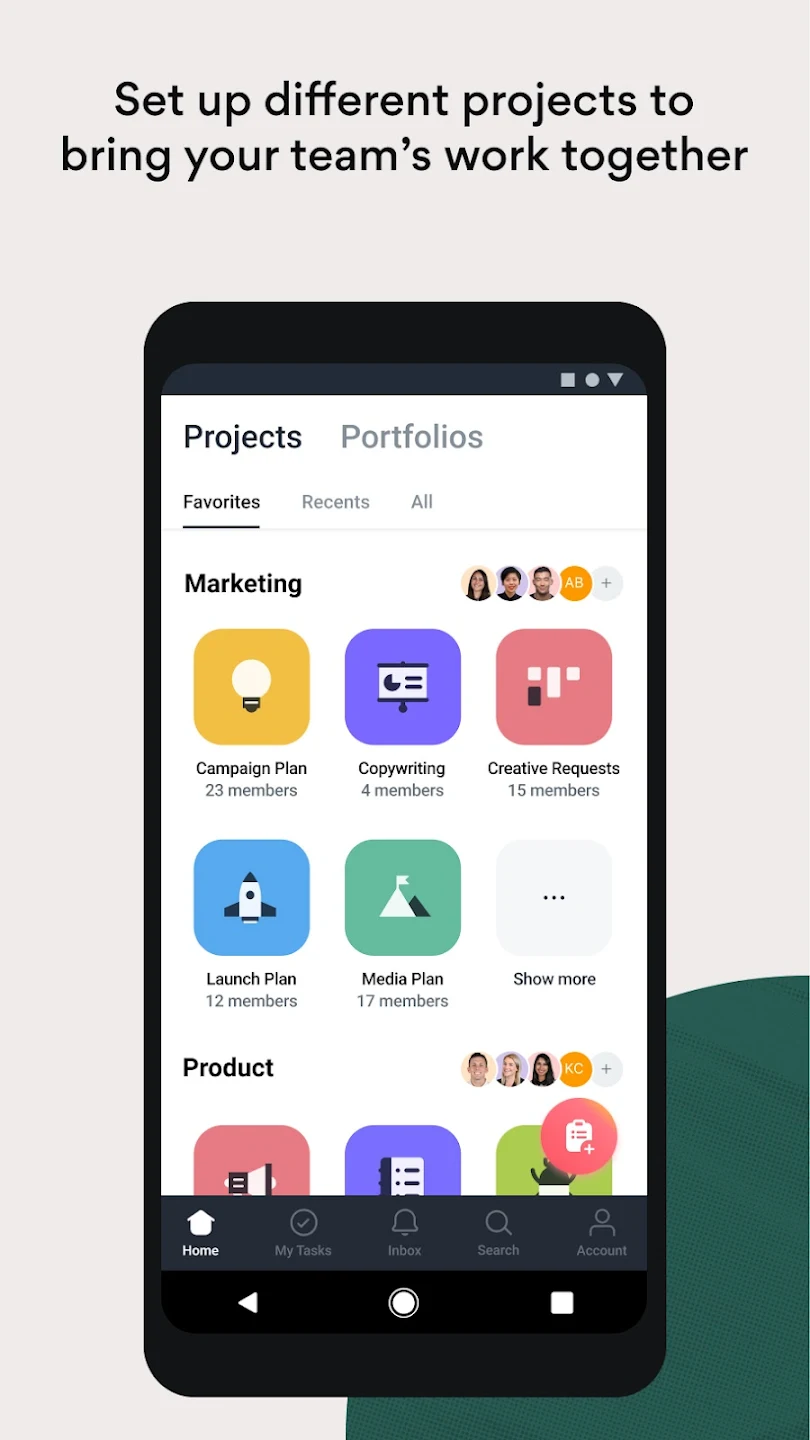
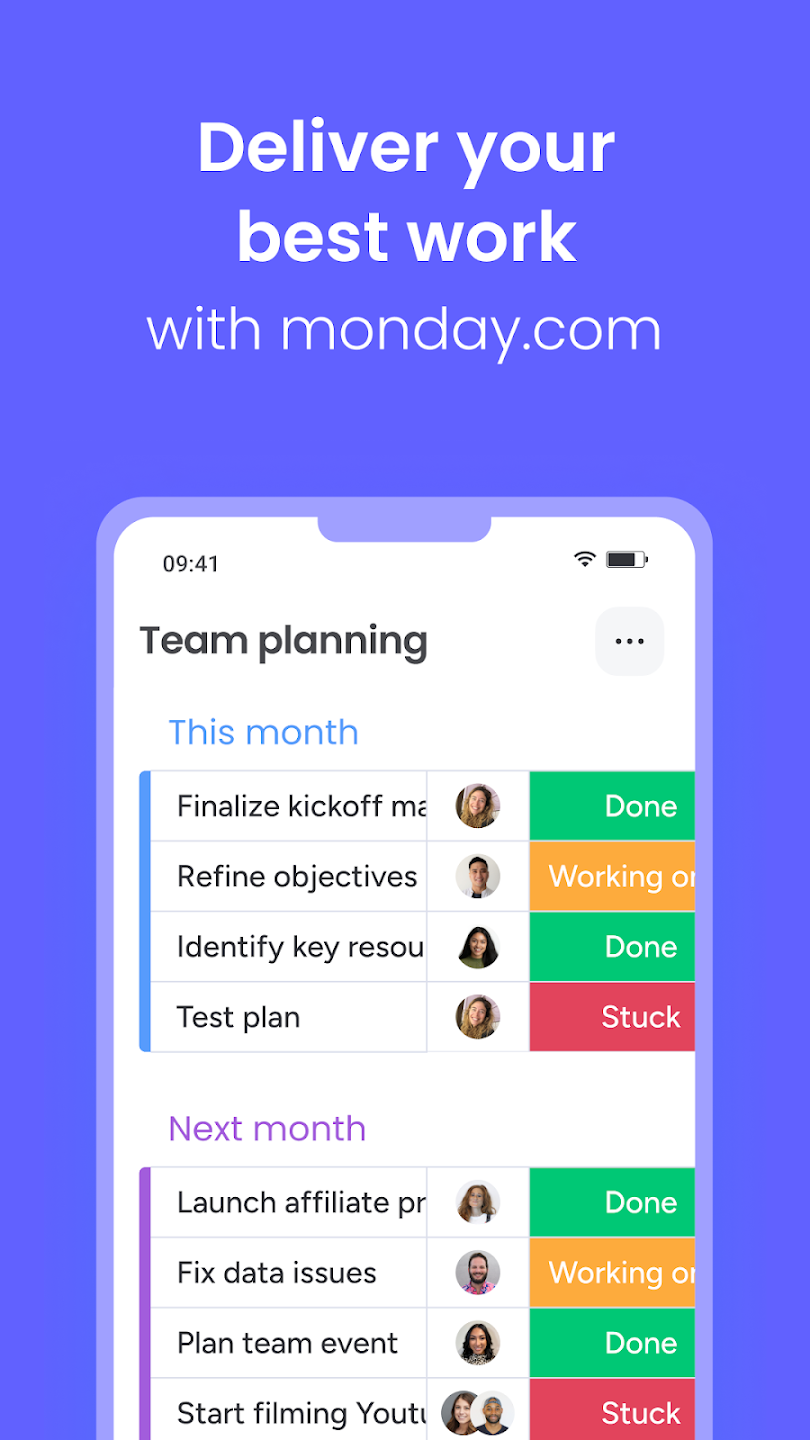
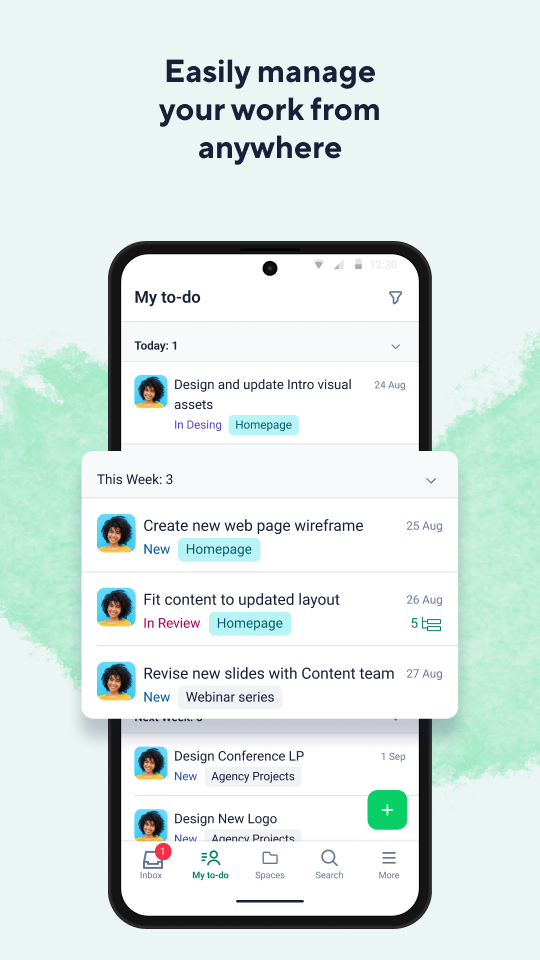
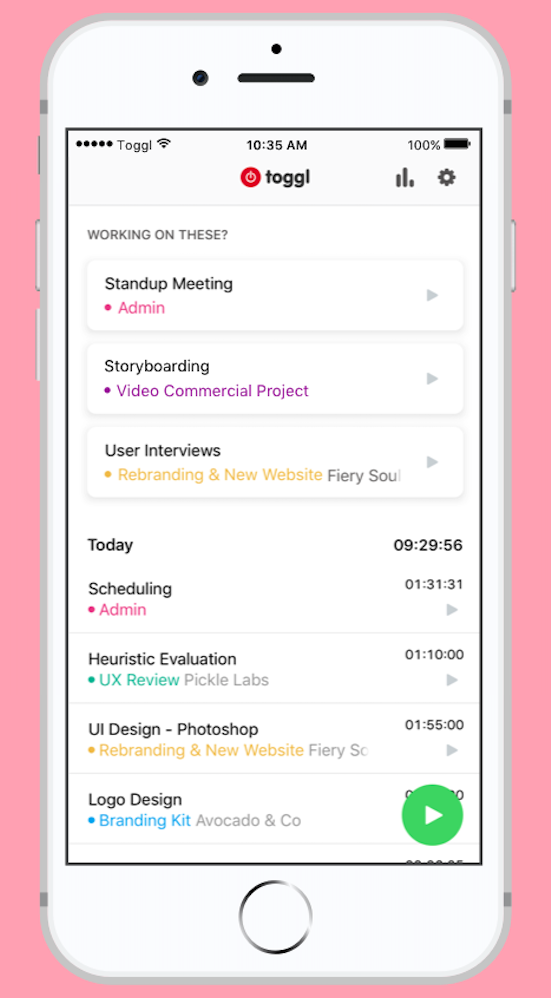
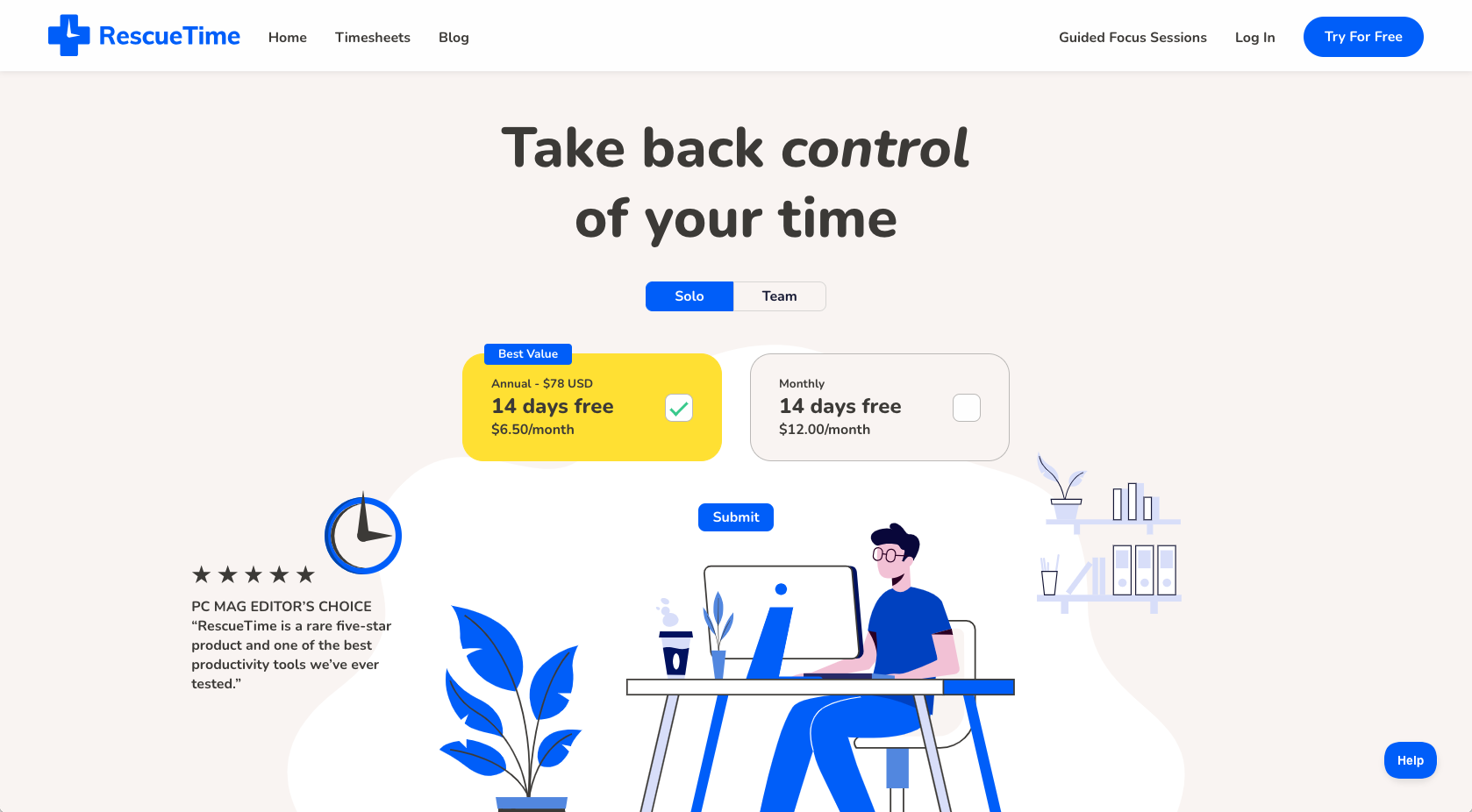
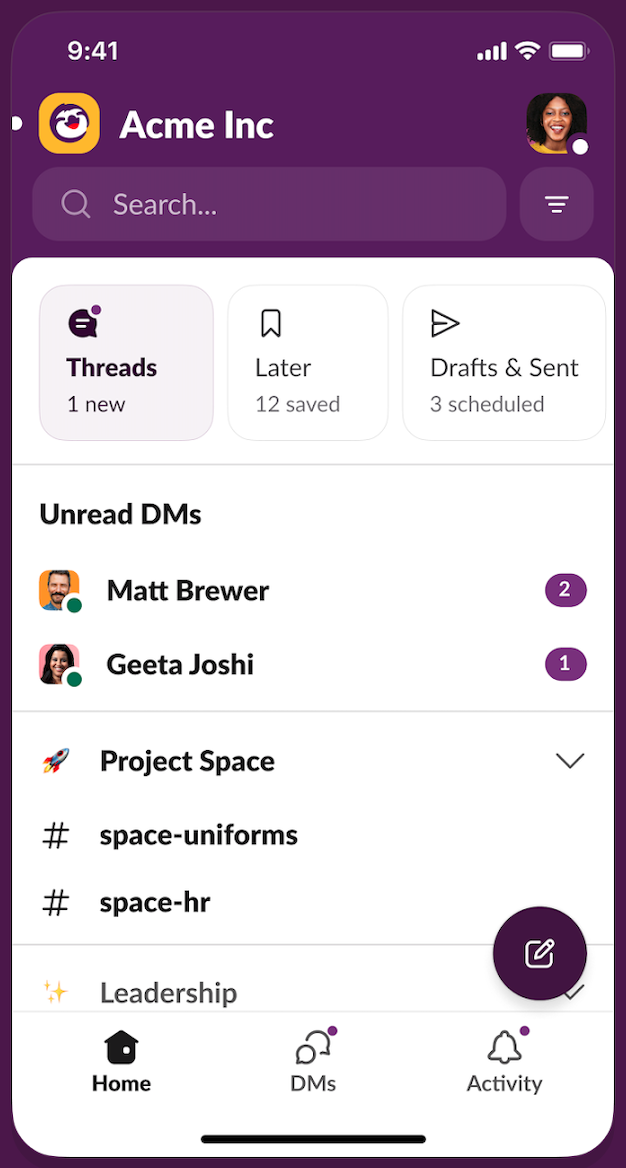
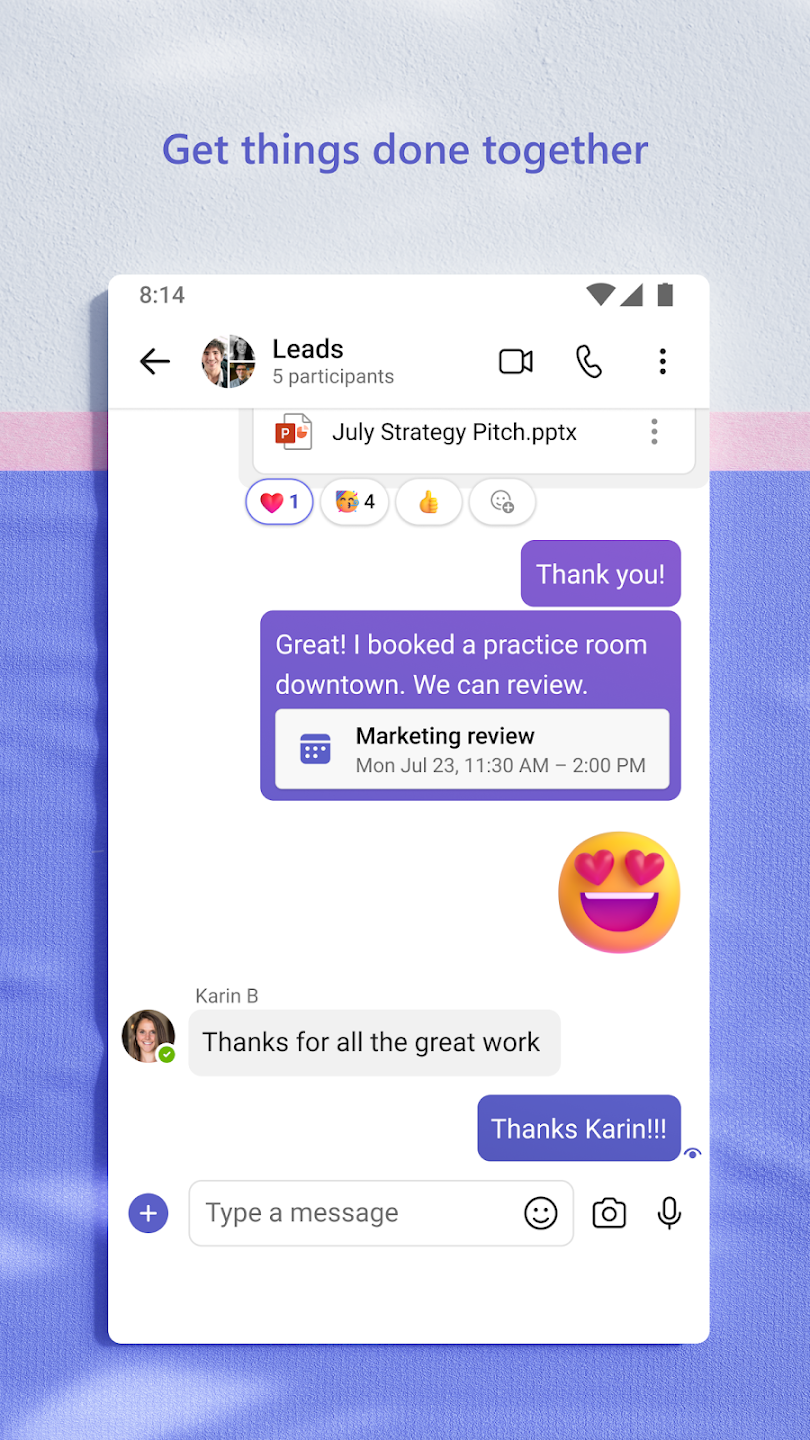
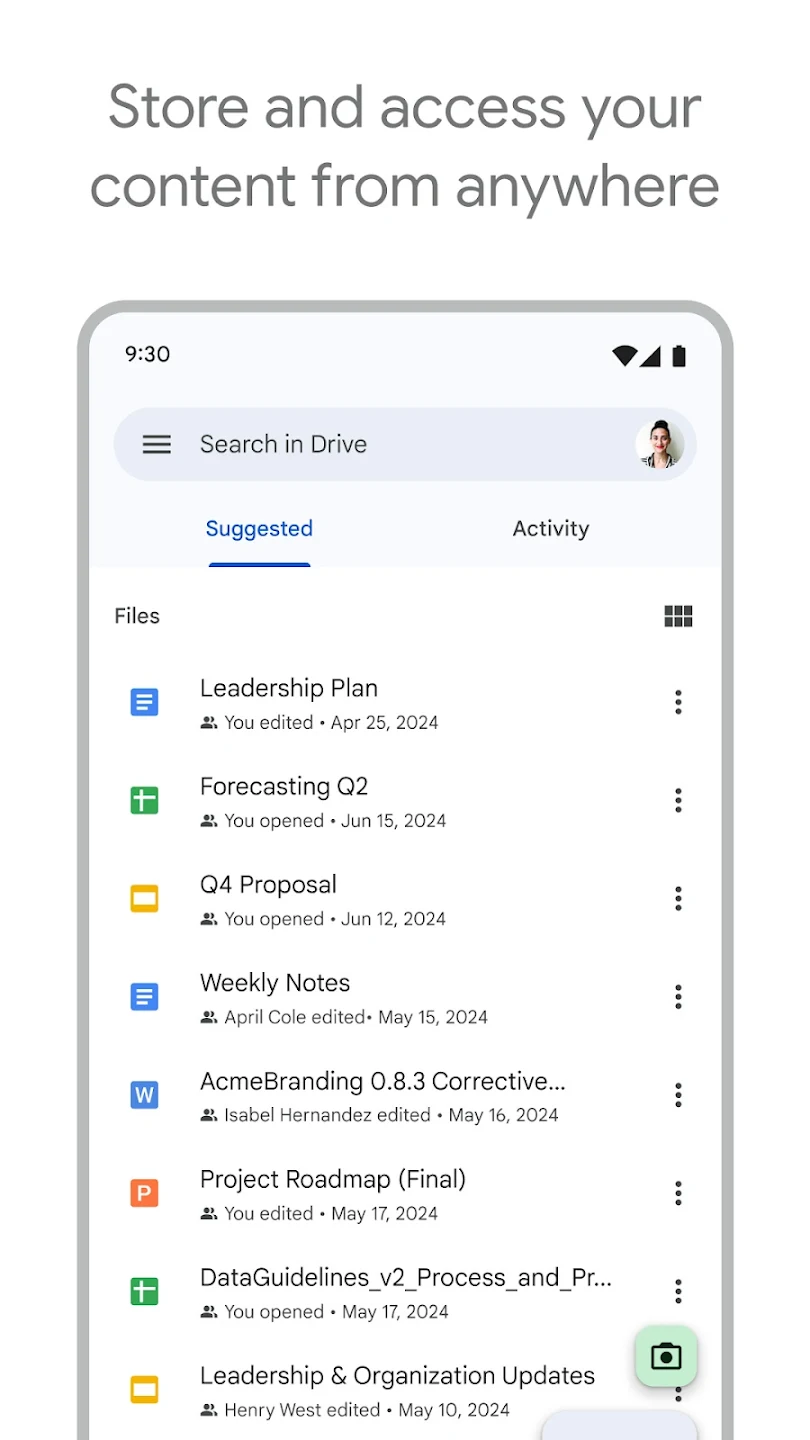
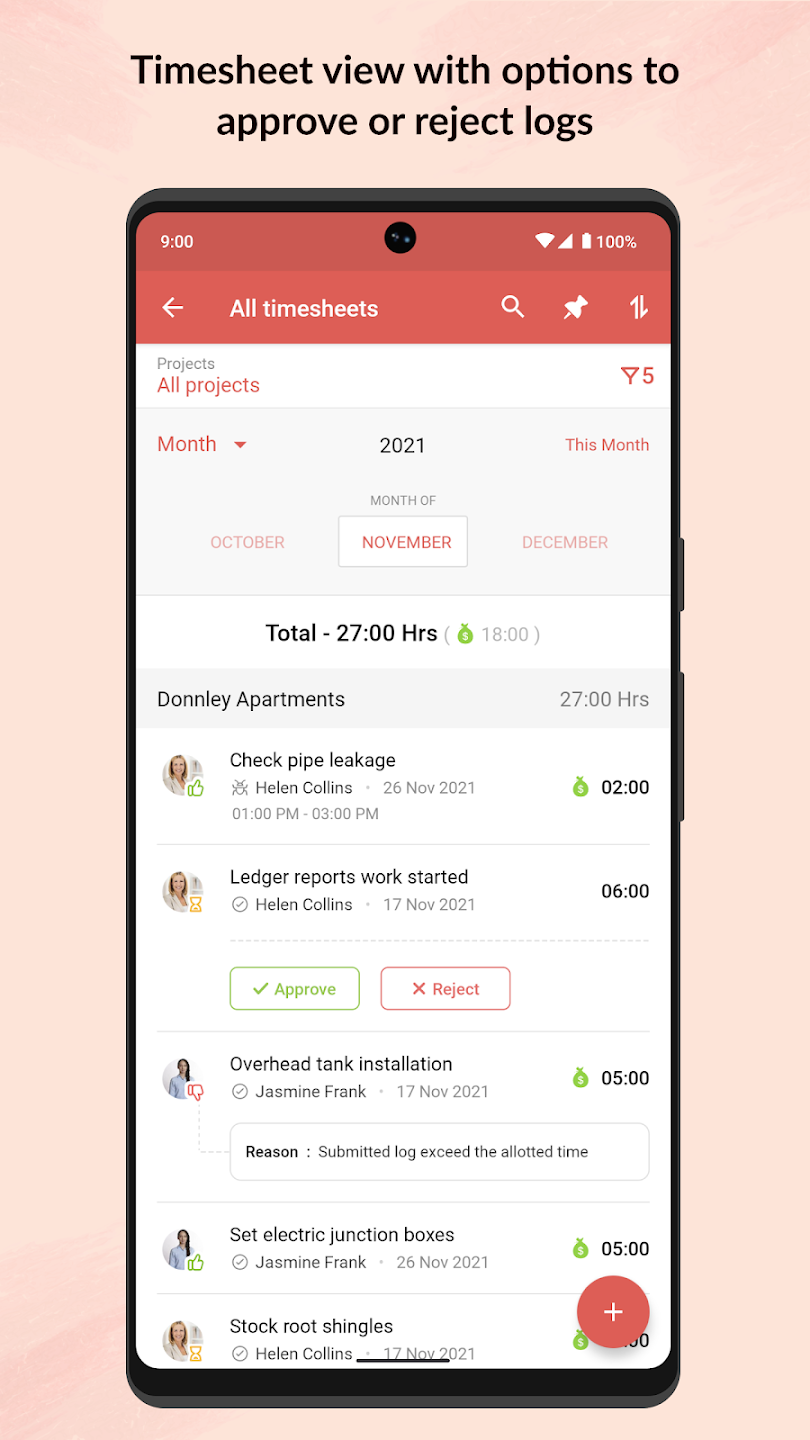
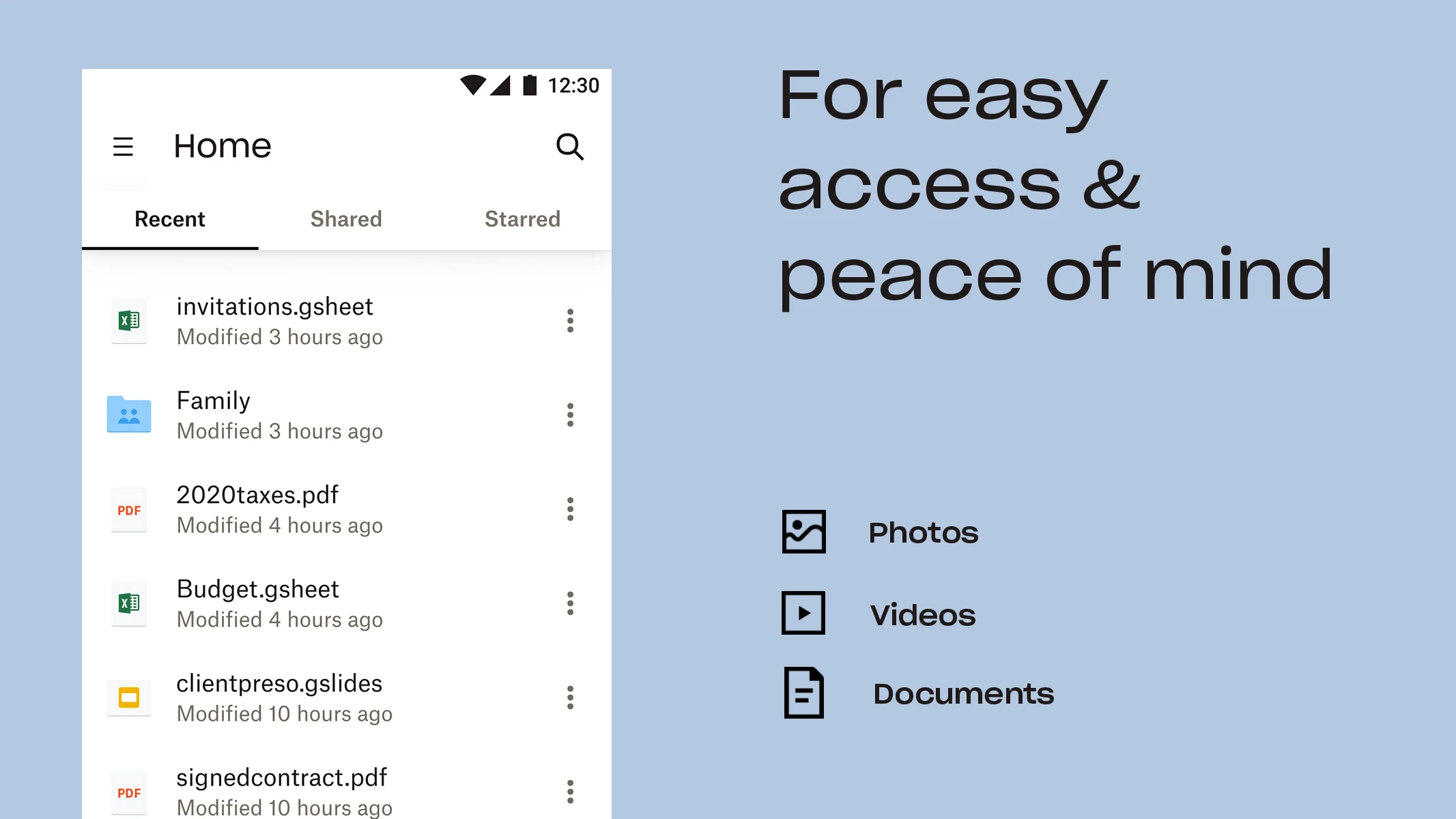
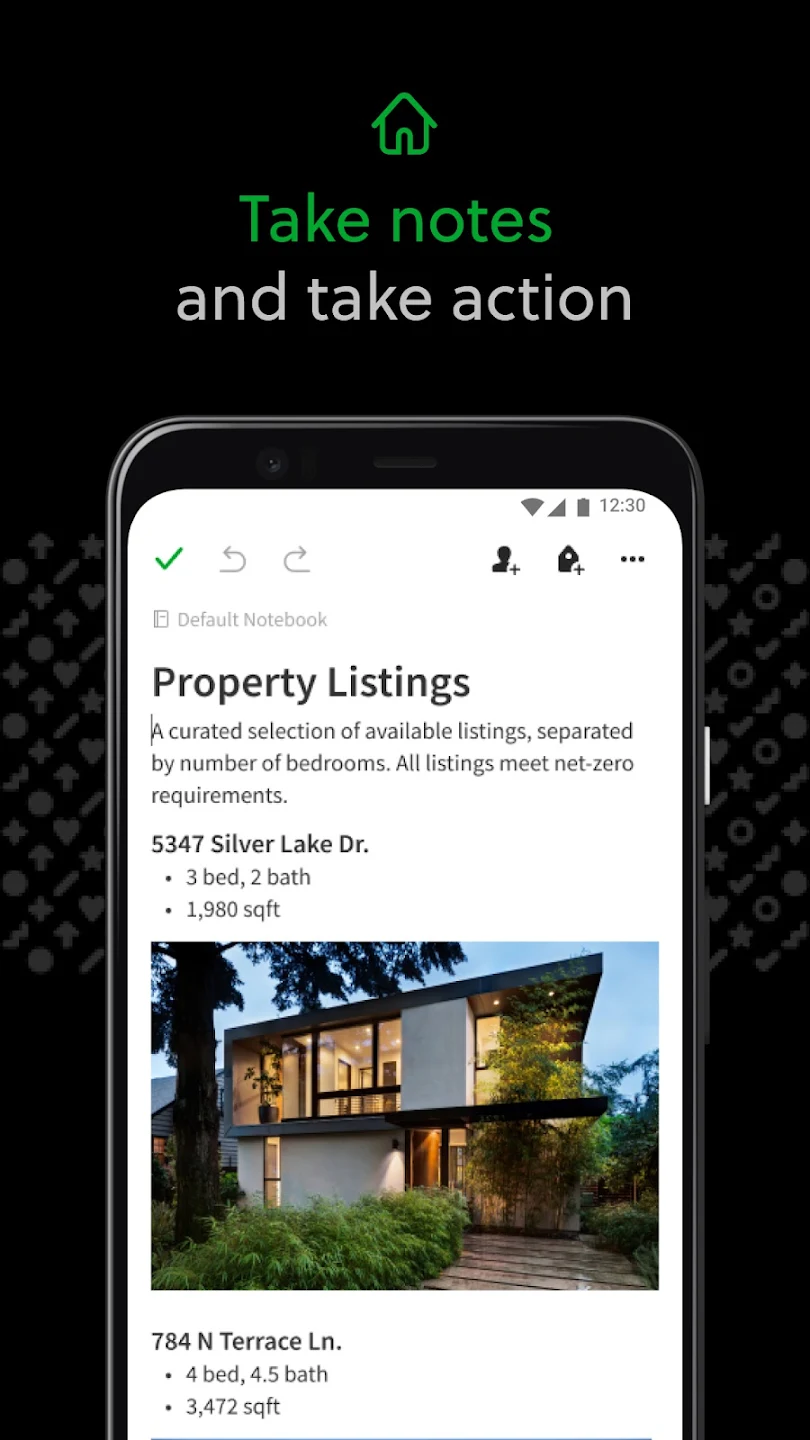
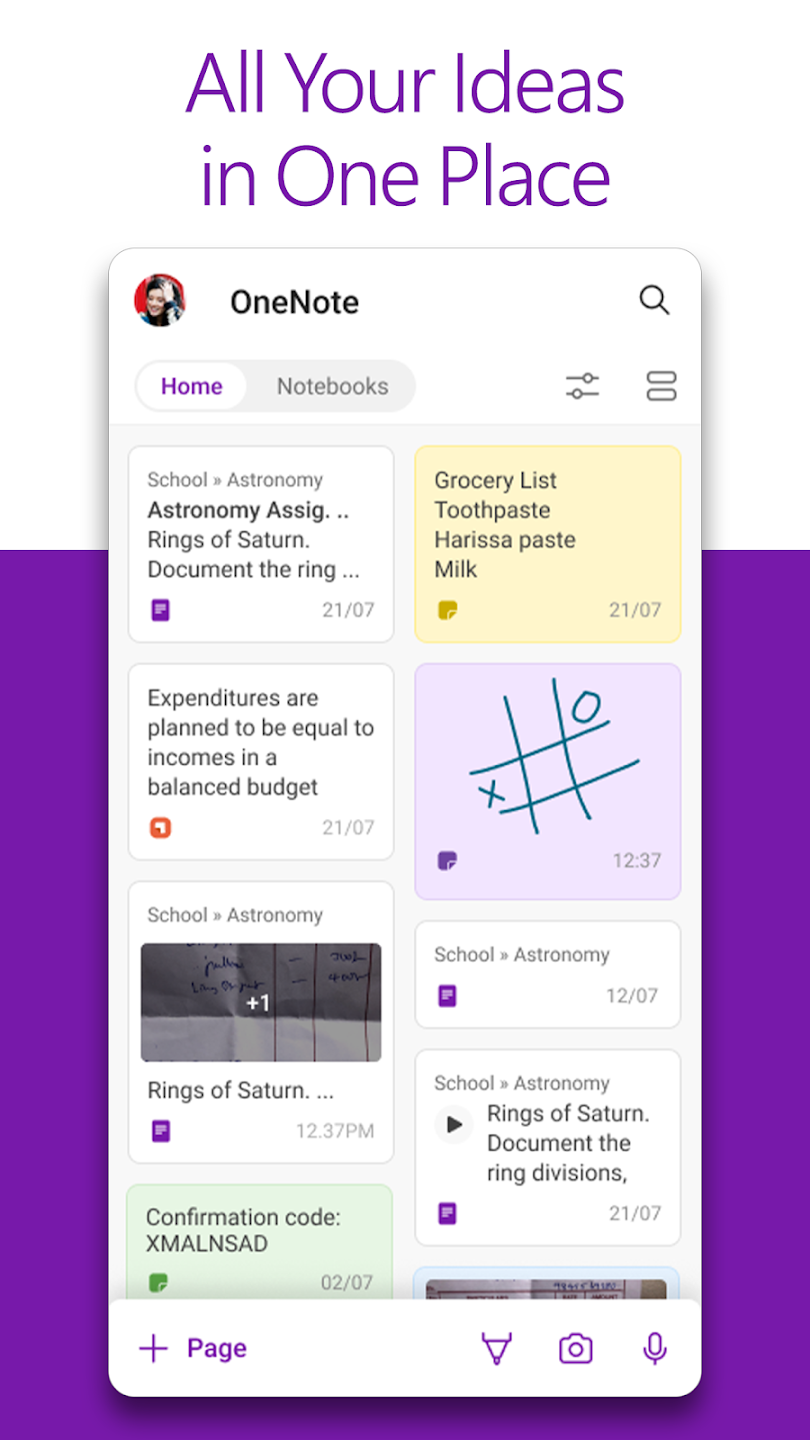
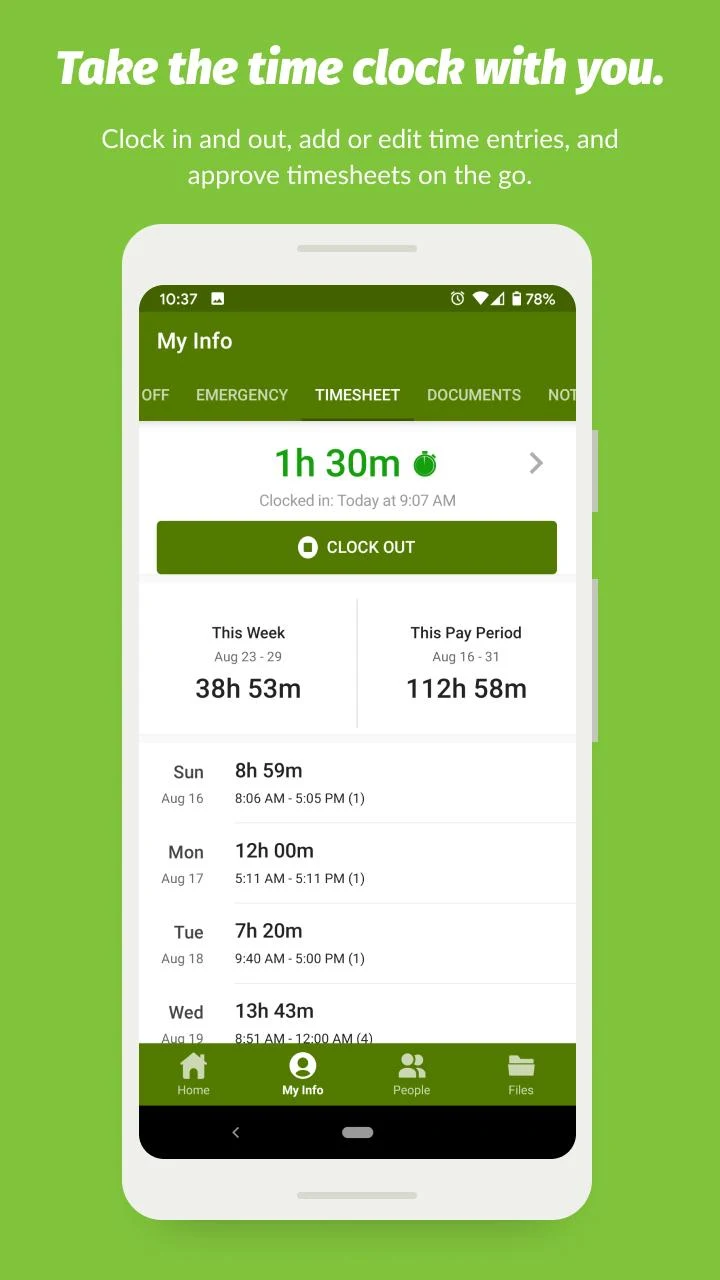
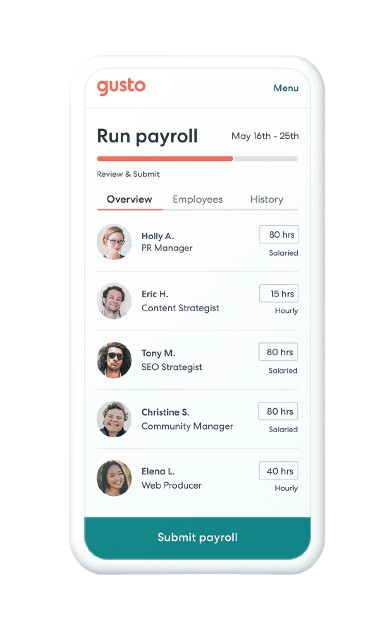




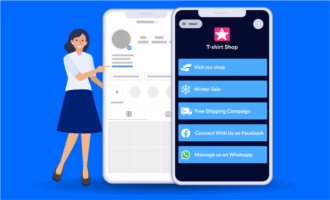

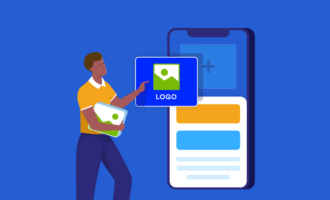

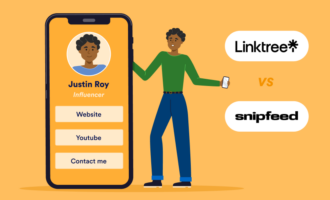




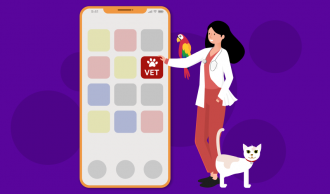













































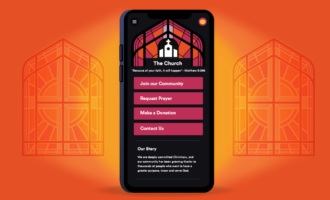

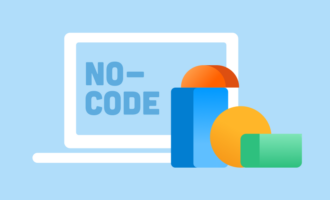




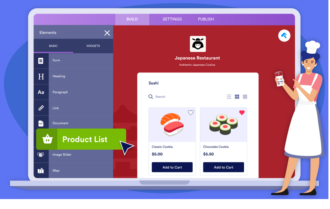
















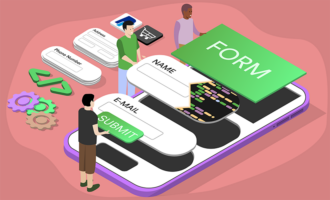




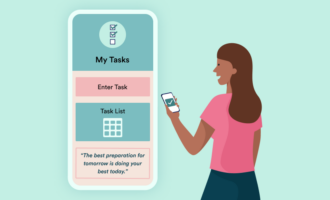




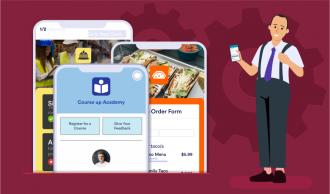









Send Comment: